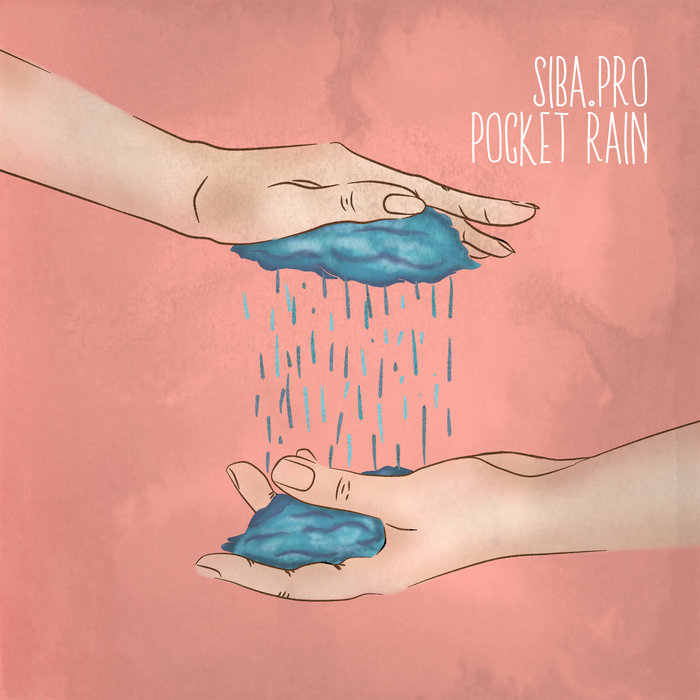
Smoker – Siba.Pro
this blog is GROOVY – check out great Soul, Funk, Jazz, Hip Hop, Bass, Breaks , Reggae, House n many more TUNES
The music scene in the Russian Federation is as vibrant and diverse as the vast landscapes that stretch across this massive country. From folk tunes echoing through rural villages to electrifying beats pulsating in urban nightclubs, Russia’s musical history has been a wild ride. So grab your matryoshka dolls and let’s groove through time!
Russian music’s roots dig deep into folk traditions. Before the fancy concert halls and recording studios, there were bards singing epic tales (that’s right, they were like medieval rock stars) while strumming on balalaikas—those three-stringed wonders resembling a triangle.
Ever heard of “chastushki”? These are short, humorous songs often sung in a call-and-response style. One popular line goes something like this: “I drank too much vodka, now I can’t find my shoes!” Now that’s relatable!
Fast forward to the 18th century when classical music started to gain popularity among the Russian elite. Composers like Pyotr Ilyich Tchaikovsky strolled onto the scene with masterpieces such as Swan Lake and The Nutcracker. With swirling waltzes that made audiences swoon, it was all about those dramatic crescendos!
Tchaikovsky had a bit of an obsession with hats! He designed several flamboyant ones for his performances—who knew he was also fashion-forward?
As we entered the 20th century—and boy did things get spicy—the October Revolution brought revolutionary changes not just politically but musically too! Lenin thought music could be used for propaganda (much more effective than pamphlets). Thus began an explosion of Soviet pop music where catchy tunes were combined with lyrics celebrating communism.
Artists like Leonid Utyosov became household names; he was known as both a singer and actor who charmed audiences with his jazzy numbers mixed with traditional vibes.
Utyosov once performed at an event where attendees couldn’t stop laughing because someone forgot their lines during his song! Ever try to sing along without knowing the words? Turns out even Soviets got tongue-tied sometimes!
As democratic movements peeked around corners worldwide, so did rock ‘n’ roll influence Russia’s youth. Local bands starting jamming hard with Western sounds. Bands like Autograph crossed boundaries by fusing progressive rock with traditional styles.
At concerts in secret locations (because playing banned Western tunes wasn’t exactly legal), fans would gather under dim lights ready to let loose!
Some musicians styled their names after famous Western artists – think “Led Zeppelin” turned into “Lennon Zeppelin”! Creativity points for originality!
The late ’80s ushered in glitzy disco flair! Suddenly everyone wanted flashy outfits as pop idols emerged from every corner — think Viktor Tsoi leading Leningrad Rock Club while exuding charisma mixed perfectly with angst-ridden poetry.
What made these new pioneers unique? They embraced individuality amidst political constraints yet created bops you’d dance to at any party—even if it meant staying up past curfew!
Viktor Tsoi famously refused to wear socks on stage claiming they ruined his vibe… or maybe he just didn’t want any laundry days?
Post-1991 saw Russian pop culture explode globally; artists rapped about life struggles mixing joyous harmonies against heavy carnivals celebrating freedom—hello Grigory Leps! At this point, reality shows introduced fresh faces weekly trying their hand at becoming superstars overnight which resulted in some hilarious talent fails aired widely across TV screens.
And how could we forget about t.A.T.u, who took international charts by storm? Their controversial image stirred quite some debate—not only because they sang well but also showcased provocative themes challenging norms wherever possible.
Despite t.A.T.u’s reputation for producing hits—with two girls dancing closely—it turns out neither performer ever dated each other when off-stage… oh drama!
Today, Russia continues vibing across genres—from hip hop kings dropping bars about modern life realities (Oxxxymiron, anyone?) to indie bands making waves worldwide sabbaticaling from traditional perceptions—that trendiness is still alive thanks largely due access via social media platforms bringing together fans unlike ever before!
There are beatmakers concocting electronic soundscapes that’ll leave you dancing long after hours spent listening aimlessly on late nights filled laughter shared amongst pals soaking up musical influences blending cultures seamlessly—because why not mix tradition whirling rapid tempos combining languages creating crossovers redefining what “Russian sound” truly means today?
It seems our musicians have secrets beyond serious record deals; one infamous rapper had his grandma show up mid-performance insisting she needed him back home early because dinner was almost ready… talk about world-class multitasking when family duty calls amid fame!
So whether you’re chilling out listening to soft balalaika melodies or losing yourself within frenetic beats alongside urban nightlife crowds—with countless talented figures nurturing art forms emerging unbound—we can confidently say Russian musical history is an ongoing tapestry bursting full creativity highlight moments sure make anyone smile along rhythm-infused journey echoed loud repeatedly throughout decades ahead!’ Let’s keep grooving cause there’s always another tune just around corner waiting its turn shine brightly next stage time awaits our beloved revelry celebration life’s great pleasures 🎶

Smoker – Siba.Pro